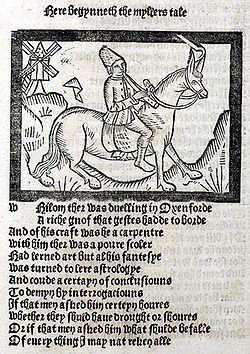Werren in Cultural and Modern Contexts
Explore how 'Werren' has transcended its original meaning, impacting fields like science and entertainment.
Learn about the Werren Lab's contributions to biological research and Twitch's officialwerren community presence.
- Significance in modern biology
- Presence on streaming platforms
- Cultural and genealogical insights
- Transition from warfare to entertainment
Survival of Roots
While werren is now considered obsolete, its roots persist in words like “war,” highlighting the lasting influence of its etymological background on modern English vocabulary.
Werren in Modern Context
Paul Werren - The Tennis Player
Currently, comprehensive information on a tennis player named Paul Werren is limited. Further exploration of official tennis databases or ranking platforms may provide additional details on his career and achievements.
The Surname Werren
The surname Werren likely has roots similar to its historical meanings, but specific genealogical insights are required to elucidate its prevalence and background. Specialized research could help clarify its significance within genealogical studies.
Cultural References of Werren
Werren Lab - Research Innovations
The Werren Lab at the University of Rochester concentrates on studies involving parasitoid venoms. This lab's research represents significant advancements in biological innovations, particularly in ecological interactions involving parasitic wasps. It illustrates the transformative power of scientific inquiry in contemporary contexts.
Werren on Twitch
One notable figure on Twitch is the user officialwerren. Although specific content details are minimal, the presence of such users reflects the diverse and engaging environment of community-driven entertainment on the platform.
Conclusion
The term werren carries a rich historical context rooted in conflict and warfare, with its meanings evolving into present-day references across various fields. Through this exploration, we uncover the significance of werren in both historical and modern contexts, affirming its legacy as a verb tied to combat while appreciating the cultural references it inspires today.


